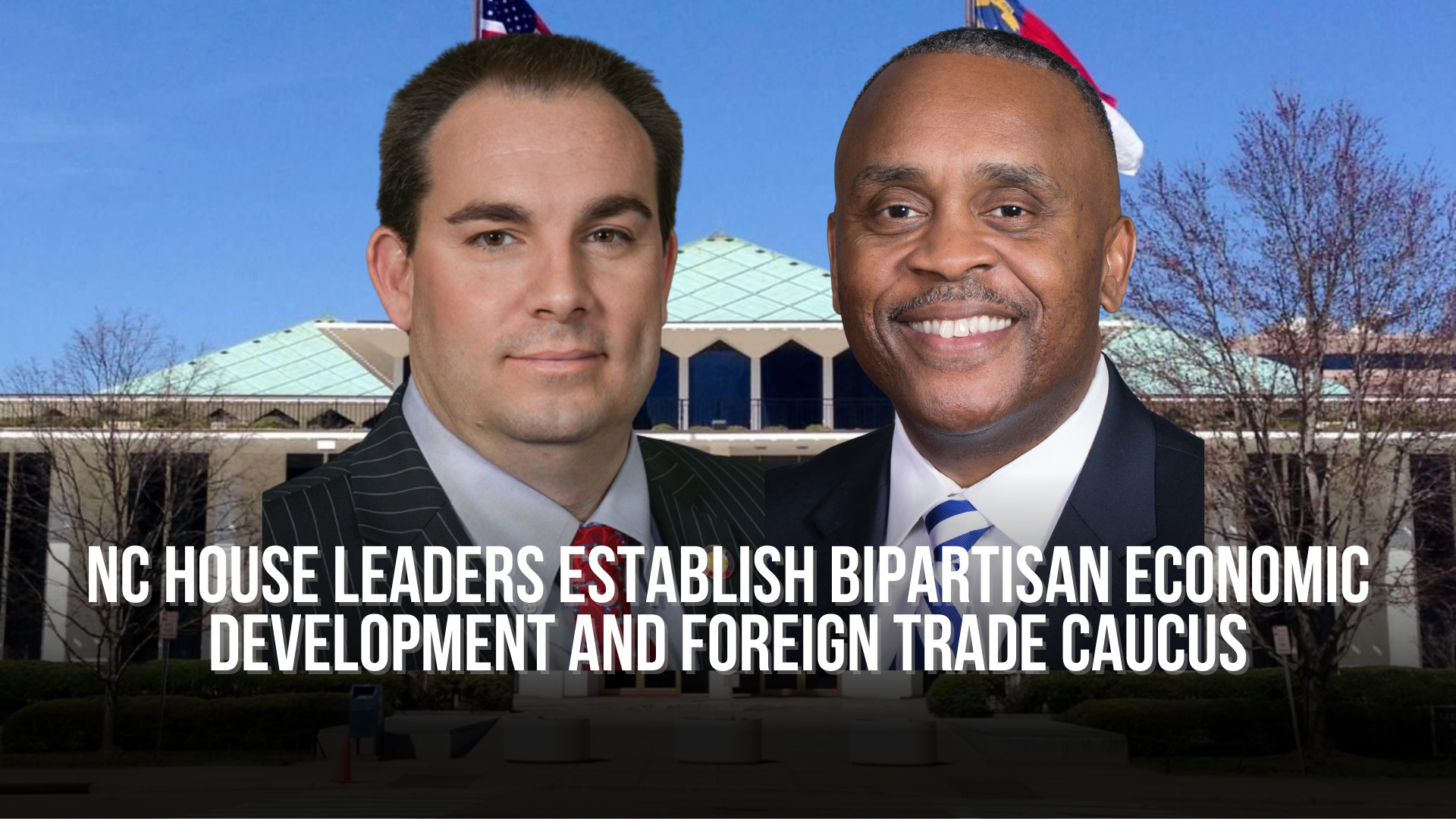John Hood: Progressives made a faulty prediction
RALEIGH — My progressive friends are frustrated. They should be. After more than a decade of conservative governance, North Carolina has implemented many policies the Left disdains — from major tax cuts and spending restraint to regulatory reform and parental choice in education. The progressives’ primary political vehicle, the Democratic Party, is losing ground in voter registration, no longer commands a majority in any branch of government, and hasn’t won a federal election in North Carolina since 2008.
These trends have many causes, including long-term shifts in party identification across the region, superior Republican performance in candidate recruitment and campaign tactics, and the creation of a strong network of conservative institutions in North Carolina.
But progressives have played a role, too. They mythologized North Carolina’s past — making it seem more exceptional than it truly was — and then allowed their own mythology to shape their strategic and rhetorical choices. They insisted that North Carolina had historically outpaced the rest of the South because of higher public investment, so they predicted doom when the newly conservative legislature started cutting taxes and regulations in 2011 to promote private investment.
The progressives’ premises were faulty. North Carolina hadn’t consistently outpaced the rest of the region before 2010, and when it had there was scant empirical evidence that the Left’s favorite programs were responsible for the state’s economic performance.
Nor were their predictions borne out. North Carolina currently has one of the fastest-growing economies in the country, powered in part by inflows of people and investment from elsewhere.
Are there faster-growing states? Sure. But that doesn’t help the progressives’ case. Over the past four years, for example, North Carolina’s gross domestic product grew by an inflation-adjusted rate of 2.8% per year. Although that surpasses the national (1.6%) and regional (2.1%) averages, six states grew even faster: Idaho, Florida, Utah, Tennessee, Washington, and Arizona. Of those, only Washington could be construed as a progressive-run state — and it doesn’t have an income tax!
Making a couple of lists and eyeballing the top-ranked states in each can’t produce a definitive conclusion, I admit. That’s why I value empirical research on the subject. Over the past three decades, scholars have produced hundreds of studies that test the relationship between economic performance and one or more variables that state and local governments can reasonably expect to affect. Some of these studies lend support to the progressive view. Most do not.
One of the latest papers was published just a few days ago in the journal Public Choice. Authored by Richard Cebula, an economist at George Mason University, it examined migration patterns among American states from 2010 to 2017, in the aftermath of the Great Recession.
To measure the policy environment of each state, Cebula used a set of tax indexes from the Fraser Institute. After adjusting for income, climate, housing prices, and other variables, he found that lower-taxed jurisdictions tended to attract more people. “A one-unit increase in the overall tax freedom variable, say from 5.0 to 6.0, results in an 11.33% increase in the gross in-migration rate,” he wrote. Interestingly, in his model the effect was driven mostly by lower income and sales tax rates, not property taxes.
With all that having been said, conservatives don’t wholly disagree with progressives about the growth-enhancing potential of public investment. The quantity and, especially, the quality of services such as education and infrastructure do matter. A state with innovative, highly productive colleges and universities will tend to have stronger economic outcomes, all other things being equal. The same can be said about rigorous, well-run schools and plentiful, well-maintained highways.
What conservatives reject — because we’ve seen the data — is that the value of public investment is directly proportional to how much tax money is spent, and that public investment is more important than private investment. It isn’t. Private capital dwarfs public capital. Over the past decade, conservatives made it a priority to attract both financial and human capital to North Carolina. Their plan is working.
John Hood is a John Locke Foundation board member. His latest books, Mountain Folk and Forest Folk, combine epic fantasy with early American history (FolkloreCycle.com).
Are you tired of being bombarded by paywalls and pop-up ads when trying to read the news? Do you believe that access to reliable political news should be free and accessible to everyone? Then we urge you to support NC Political News, a weekly electronic political news outlet.
NC Political News is committed to providing high-quality, unbiased political reporting with columnists from all political sides. Unlike other news outlets, NC Political News is free to read and supported by businesses who purchase ad space on our website and in our newsletter, which goes out Monday through Friday at 7:00 am. This means that readers like you can access the news without being asked to pay a cent or dealing with frustrating advertisements.
However, to continue providing this valuable service, NC Political News needs your support. If you believe in the importance of accessible, free news, we urge you to click the image below. Any amount of support is appreciated.
Together, we can keep the news free and help ensure our state stays informed and connected.




